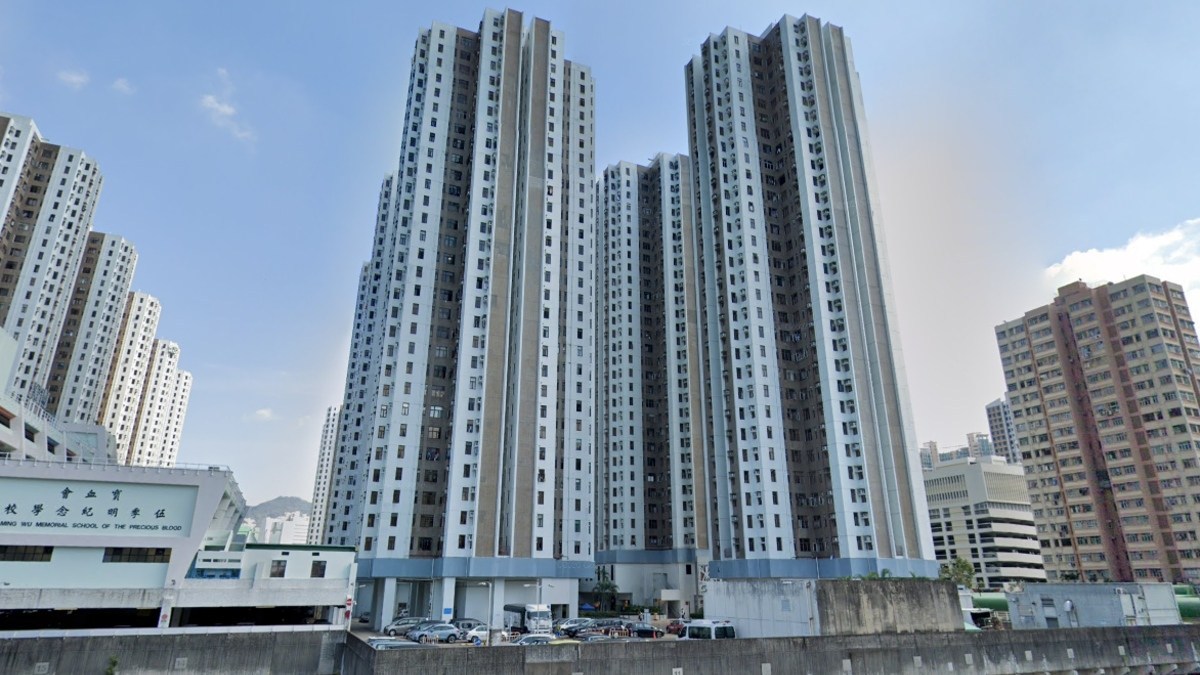[ad_1]
Hong Kong plans to strengthen mandatory testing and extend social distancing rules to stop virus transmission in the city within two weeks.
From Monday, if at least one confirmed case had been found in any residential building in the past 14 days, or where no confirmed case was found but sewage was constantly testing positive, a mandatory test notice would be issued to the building, Chief Secretary Matthew Cheung said.
Between Monday and February 10, the government would lock down many more areas for mandatory tests to find asymptomatic patients, Cheung said. It would try to finish each operation overnight within 12 hours, he said, adding that up to 100,000 people could be tested per day.
“We have confidence and determination to stop the virus transmission in Hong Kong,†Cheung said. “Once the epidemic situation improves, there will be room for the government to relax the anti-epidemic rules for businesses and resume face-to-face classes for students.â€
Social distancing rules, which forbid dining-in at restaurants after 6pm and gatherings with more than two people in public places, would be extended from Thursday to February 17. There was no room to relax the rules as local infections could rebound in the Chinese New Year holidays between February 12 and 15, he said.
Before the announcement, a mandatory test notice would only be issued if two or more individual cases were found in a building. Last month, the government declared four specific areas in Jordan, Yau Ma Tei, Mong Kok and Sham Shui Po. In these areas, a mandatory test notice would be issued if a building recorded one more cases. The government also locked down several restricted areas in Yau Ma Tei, North Point and Lam Tin to run mandatory tests.
On Sunday evening, blocks 5 and 7 of the Laguna City estate in Lam Tin were locked down for tests. Residents were required to take a test by 2am on Monday. However, no new case was found after about 460 people were tested.
Asked if it was a waste of time and effort to lock down an area but find no case, Sophia Chan, the Secretary for Food and Health, said no positive case was a good result, which showed that all patients had previously been identified. Chan said residents would feel more comfortable to live in their places after the lockdown.
Last week, 15 patients, including four domestic workers and two security guards, were found in the two blocks in Laguna City. Flat E on each floor was evacuated after people on several floors fell ill, which experts said indicated vertical transmission.
On Sunday, a similar outbreak was identified in block R at Luk Yeung Sun Chuen in Tsuen Wan. Health authorities ordered the partial evacuation of about 100 residents after 12 patients were found.
Yuen Kwok-yung, a microbiologist at the University of Hong Kong, said he believed there had been vertical transmission of Covid-19 at the building, and the virus was likely spread through the light well due to the so-called chimney effect. He said one of the three newly identified patients was a Filipino domestic worker who was infected when drying clothes near the toilet.
Yuen said air containing the virus might be trapped inside the light well before spreading to the flats and common areas of the block. He said residents should shut their windows near the light well to play safe.
“And when you turn on the ventilation fan, you should open your windows facing the other direction. That would allow air from that ‘clean’ direction into the flat, not the other way around,†he said.
The Center for Health Protection said a total of 34 cases, including five imported ones and 29 local infections, were identified on Sunday. Of the local cases, eight were untraceable.
Kelvin Yeung, the Secretary for Education, said the government hoped that the epidemic situation would be under control within two weeks so face-to-face classes could resume after the Chinese New Year holidays. Yeung said more details would be announced later this week. He said schools would be allowed to provide half-day classes initially.
Sophia Chan said the government had contacted the BioNTech vaccine distributor for China, Fosun Pharma, to make sure that the first batch of one million doses would arrive in Hong Kong in late February as scheduled. She said the government was gravely concerned about the European Union’s export controls for Covid-19 vaccines.
Chan said Hong Kong was expecting to start its vaccination program late next month with the BioNTech product, which is the only vaccine with final approval for use in Hong Kong.
The government has agreed to buy the Sinovac vaccine but its phase-3 clinical trial data has not yet been released. It has ordered the AstraZeneca vaccine but the first batch will only arrive in the second quarter.
Lo Chung-mau, the chief executive of the University of Hong Kong-Shenzhen Hospital across the border, urged the government to replace Sinovac with Sinopharm vaccines. Lo said the Sinopharm vaccines had been approved for use in the mainland with an efficacy rate of 79%.
However, Ivan Hung, infectious diseases specialist at the University of Hong Kong, said the government’s advisory panel should only approve Covid vaccines for emergency use after phase-3 trial results had been provided. Hung said he believed both Sinovac and Sinopharm would soon provide the necessary data.
“I think the phase-3 results will be very, very important for the advisory panel to assess the safety, as well as the efficacy of the vaccine,†Hung said. “There is no rush for us to jump in. We have time, and our health system remains very robust, so I think we could afford to wait for the phase-3 results for assessment.â€
[ad_2]
Source link










